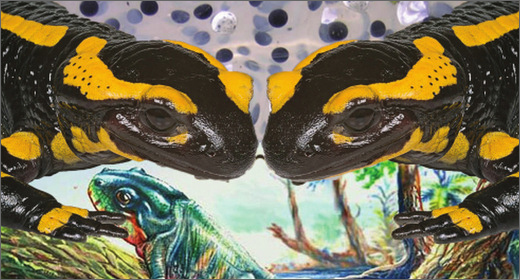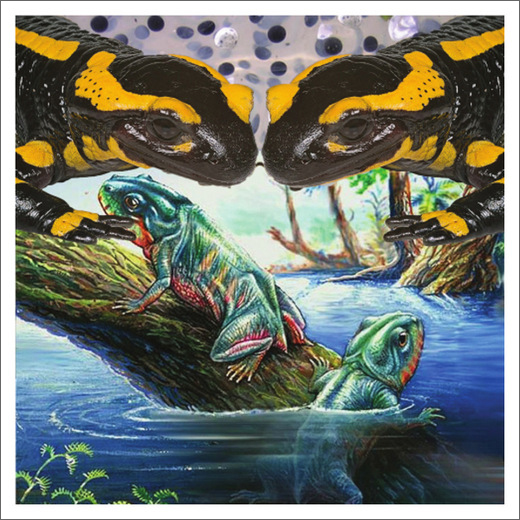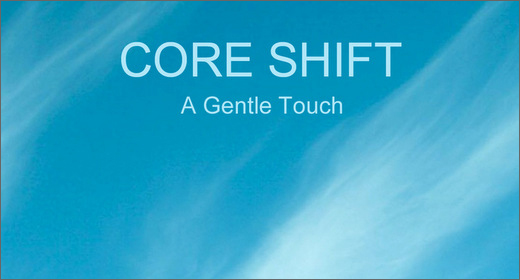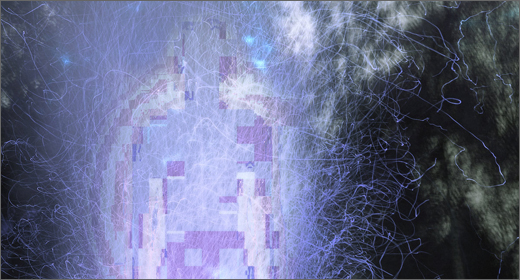As Boehringer states, the piece wraps and unwraps around itself. Over the course of three quarters of an hour, it wraps itself around the mind of the listener, too.
Jorge Boehringer sits on the front porch, plucking a few strings on his fiddle with obsessive-compulsive repetitiveness. The crickets chirp, a hound dog barks, and the power lines dipping over the shack sing a song unhealthy for the bioelectric processes.
Amphibious Radost was actually recorded in the basement of a cottage in a village just outside Prague, not on his porch. Boehringer, born in New York, raised in Texas, aired and fluffed in Oakland, in some kafkaesque manner transported to the Czech Republic, is a multi-dimensional artist with many strings to his bow, begging your pardon. His Core of the Coalman project he characterizes as “continuity and discontinuity for viola, voice, and circuits.” He was invited to create this piece for an hour-long performance by Czech body artist Darina Alster.
Amphibious Radost is a kissin’ cousin of Henry Flynt‘s experiments with rural “roots” violin and Gotham minimalism. Like Steve Reich’s phase pieces, the plucking gets intriguingly fucked up. Nearly seventeen minutes in, he begins to saw on it, too, which briefly breaks the spell before deepening it. Perhaps he is sawing on two of them, overdubbed. Perhaps I’m hypnotized like a stoat hypnotizes a rabbit. That hydro line hum—has it just come back to reimpose itself or was it always hanging there? As Boehringer states, the piece wraps and unwraps around itself. Over the course of three quarters of an hour, it wraps itself around the mind of the listener, too.
Kirigirisu is a relatively new, limited edition imprint, founded last year in Tokyo by Neil Debnam, who as Broken Shoulder himself offers up the layered and engaging vérité ambient of 300 Bicycle Seats.
Amphibious Radost is available on Kirigirisu.






















![Luke’s Anger :: Ceiling Walker EP (Love Love) — [concise]](https://igloomag.com/wp/wp-content/uploads/2025/04/lukes-anger-ceiling-walker-vinyl_feat-75x75.jpg)

![Ndorfik & madebyitself :: Solos EP (People Can Listen) — [concise]](https://igloomag.com/wp/wp-content/uploads/2025/04/ndorfik-madebyitself-solos_feat-75x75.jpg)


